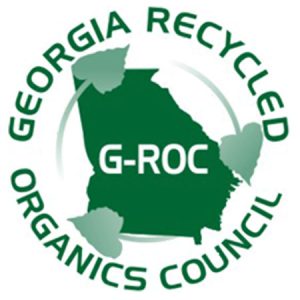Many of us take waste disposal for granted. It’s not always clear to us why it’s so important for us and the environment, but that’s why it’s so important.
There are both organic and non-organic wastes generated by each home. Because frequent collection and disposal are critical components of junk management, we must devise a strategy for dealing with this waste.
You need to get rid of all the garbage you’ve accumulated over the years because some of it could represent a health hazard. Not only that, but it’s also a problem of hygiene.
Organic trash, hazardous waste, and recyclable waste are the three categories of garbage that can be found in a typical home.

Recycling
The most practical and simple way to decrease the enormous volumes of rubbish that our community dumps into landfills on a daily basis is to recycle.
Waste or old materials can be recycled to create new and useful items.
With this method, pollution can be effectively controlled on land, water, and air.
Recyclers may believe that the process is cumbersome and time consuming. However, this is a complete misunderstanding.
Recycling is a simple process that only requires a desire to help the environment. Anyone interested about the well-being of our society will have no problem grasping the gist of what is going on here.

We regulate the outside air quality, often known as the ambient air quality. In Georgia, we have been monitoring the air quality for almost 40 years.
For six prevalent pollutants known as "criteria pollutants," the Clean Air Act (CAA) mandates that the U.S. Environmental Protection Agency (EPA) establish National Ambient Air Quality Standards (NAAQS).
The chemicals, metals, and solvents utilized in production also contribute significantly to environmental damage. After being used on crops and soil in agricultural operations, these chemicals may make their way into nearby water sources.